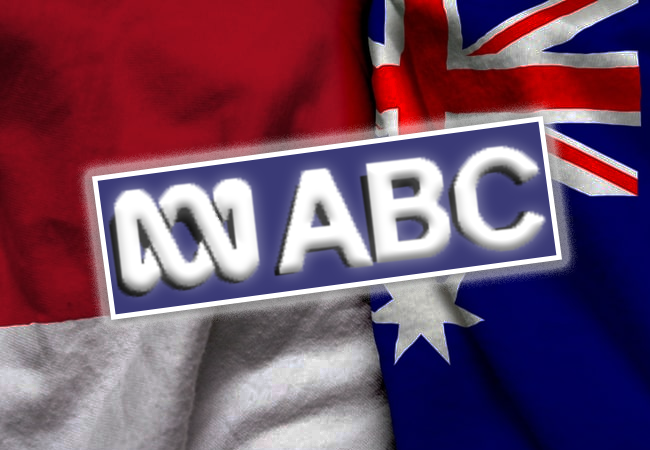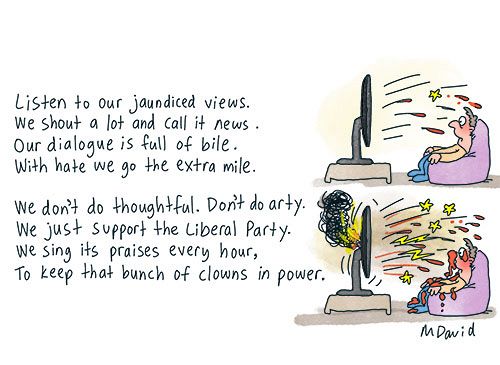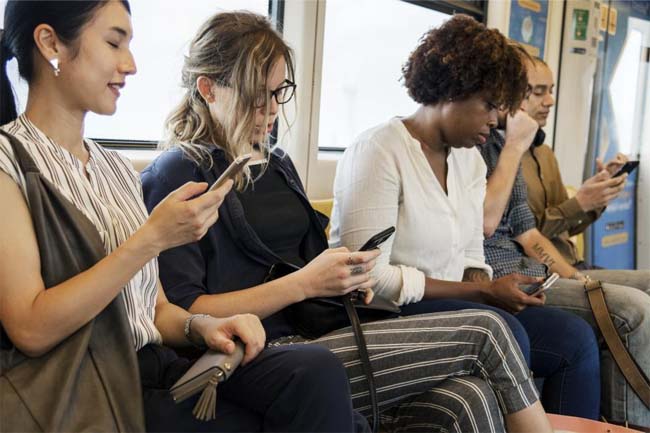Successive budget cuts and ABC mismanagement have been detrimental to projecting a positive international image, writes Duncan Graham.
DO WE CARE how others see us? Not much if our prime showcase ABC Australia is a guide.
It seems corporation managers take a couple of positions on the overseas TV service. The staid reckon it’s a tiresome charter-imposed chore, so they just serve sports picks on holidays with Rugby League and AFL.
Progressives spot chances to tell that Australia’s not just a cuddle-koala stopover, but a maturing society trying to get from down under to on top.
In its 2019 report, 'A Missed Opportunity for Projecting Australia’s Soft Power', the Lowy Institute claimed:
International Broadcasting is one of the most effective forms of public diplomacy, if managed properly…
Australia is explicitly competing for global and regional influence, yet Australia’s international broadcasting has been weakened through a combination of government inconsistency and neglect, ideology-driven decisions, budget cuts and apparent ABC management indifference.
Has anything changed? Yes, but…a few programs, like Foreign Correspondent, Books That Made Us and The School That Tried to End Racism now have Indonesian subtitles. (National Geographic, Discovery and other international telecasters keen to reach far and deep subtitle all fare.)
Most Indonesians still rely on TV for information but few follow English. One study ranked Indonesia 81st out of 111 countries surveyed for proficiency.
The ABC head office in Ultimo is shuffling forward, though not fast enough to show we’re more than the descendants of murderous land thieves fumbling with ways to atone.
We have the products, but not the packaging. The World runs parochial pieces and a weather map that just squeezes New Zealand and Papua New Guinea into the frame. Programs like 7.30 are dropped or relocated with no alerts. Treat viewers with contempt and they’ll click elsewhere.
There are some pluses: The ABC’s Jakarta bureau has reopened after the pandemic with correspondent Anne Barker. Other mainstream media, like the Australian Financial Review, are based in Singapore, which is like covering Canberra from Wellington.
Balance means telling others how we see them and here the ABC is doing okay with three regulars: India Now, China Tonight and Planet America. Will the Arafura Sea gap get bridged?
Sally Jackson of ABC News communications told Independent Australia:
"There are no other [programs focused on specific countries] to announce at this time."
If that response isn’t a hint of plans to feature the world’s third-largest democracy next door, then we’ll continue to know more of Mar-a-Lago than Istana Bogor (a presidential palace 60 km south of Jakarta).
On 14 February 2024, Indonesians go to the polls, making last year’s G20 Bali shindig look like a pub chat. The campaign is already gearing up through conferences, meetings, statements and spanduk (huge banners), which smother road signs and turn streetscapes into avenues of ads.
Their constitution says two five-year terms as president are enough, so Joko "Jokowi" Widodo can’t stay beyond October next year. There’s been a tepid attempt to keep his shoes on the doorstep, but so far he’s shown minimal warmth.
The president is elected by direct vote, with no compulsion. Last time the turnout was 81 per cent of the 187 million registered voters — minimum age 17. The total population has increased by more than 10 million (to an estimated 281 million) in the past five years.
What Indonesians know about Australia isn’t much and how much they care about Australia is even less if surveys are right. On the street, it’s often bemusement: How can a country be independent with the Union Jack on its flag? Do pythons curl under toilet seats? Are we really Washington’s deputy sheriff?
That’s not our neighbours’ fault, because we’re making little effort to tell our story. The Coalition had little enthusiasm for public broadcasting, particularly if it meant spending money on a service for foreigners.
The former ABC managing director, Mark Scott (now head of NSW Education), commented that pruning overseas services:
"…runs counter to the approach adopted by the vast majority of G20 countries."
He also added:
"Countries around the world are expanding their international broadcasting services as key instruments of public diplomacy"
They include Britain, the U.S., Japan, South Korea, Qatar, France, Germany, Singapore, Russia and China.
The public broadcaster reportedly had $526 million cut from its budget since 2014. Last November Communications Minister Michelle Rowland told The Guardian that on top of a new five-year funding cycle there’s a review underway.
Labor calls its strategy a ‘strong Australian voice’ in the Indo-Pacific. The term is spongy but here it apparently means 38 countries disparate in culture, language, rule and drive, are all served by one channel. Two years ago $11 million a year was being spent on its combined international services, with ABC Australia costing around $4 million.
This is distributed by Intelsat to re-broadcasters. They get it free, but the viewers don’t. In Indonesia, three pay-to-use cable services carry the service.
Voice of America’s annual budget is US$267 million (AU$383 million), all from government funds. It broadcasts and telecasts in more than 40 languages, including Indonesian. The French Government is reported to spend €102 million (AU$157 million) a year on France 24.
The last ABC annual report had a monthly viewership of ‘at least 3.6 million’ for ABC Australia. The ten-member ASEAN population alone is 686 million.
Declared candidate Defence Minister Prabowo Subianto, who has just been put in charge of coordinating intel, has been involved in whacky dog whistling about invasion threats.
The latest is wanting army commands installed in Kalimantan province (Borneo) because "the natural resources of these regions [are] vulnerable to being stolen by other parties."
Imagined LGBT infiltrators corrupting the pious are heading to be another dirty issue.
It will be Prabowo’s third stab at the top job. The former general went into exile in 1998 after being discharged for "misinterpreting orders".
If electors start to believe campaign claims are poisoning the relationship they’ll need an independent trusted source for facts and counter-views. Concerned viewers should click ABC Australia, but only those who understand English.
DISCLOSURE: The author used to work for ABC Current Affairs.
Duncan Graham is an Australian journalist living in East Java.
Related Articles
- Politicised attacks are damaging the ABC’s editorial independence
- ABC’s Insiders doesn't serve its viewers or the nation
- The IPA rolls out ugly campaign against the ABC
- Morrison Government mistakes ABC for a department it can control
- ABC showing Liberal bias in lockdown coverage
 This work is licensed under a Creative Commons Attribution-NonCommercial-NoDerivs 3.0 Australia License
This work is licensed under a Creative Commons Attribution-NonCommercial-NoDerivs 3.0 Australia License
Support independent journalism Subscribe to IA.















